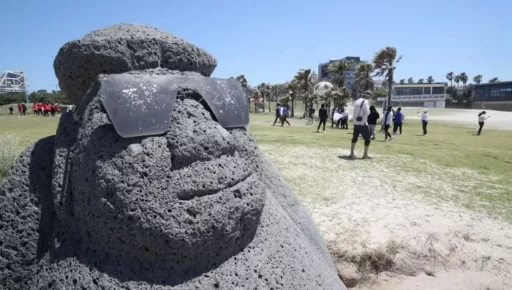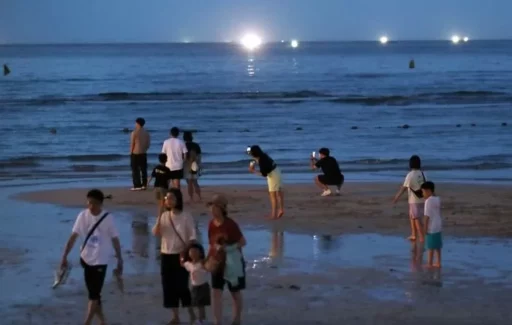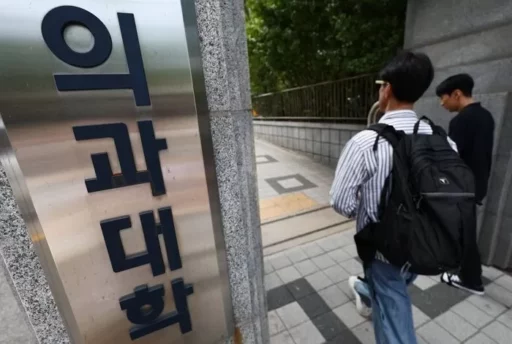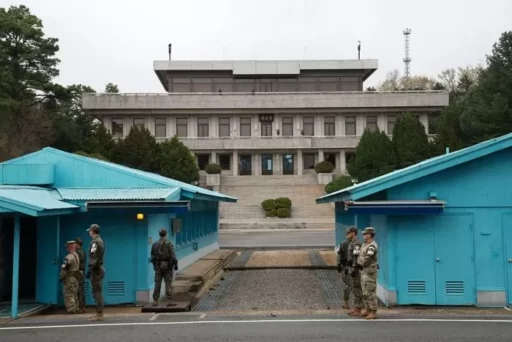Jeju Seogwipo Faces 15 Days of Tropical Nights, Residents Report Sleep Difficulties
In the Seogwipo area of Jeju Island, the phenomenon of tropical nights has been occurring for 15 consecutive days, resulting in a decline in residents' sleep quality.
Tropical nights are defined as nights where temperatures do not drop below 25 degrees Celsius, acting as a major factor disrupting deep sleep.

According to data released by the Jeju Meteorological Agency on the 29th, the lowest temperatures recorded from the previous evening to the morning of that day were 26.2 degrees in Jeju (north), 27.4 degrees in Seogwipo (south), and 25.4 degrees in Seongsan (east).
All these figures exceed the tropical night benchmark of 25 degrees. Tropical nights are defined as a period from 6:01 PM to 9 AM the following day when the minimum temperature does not fall below 25 degrees. This temperature threshold indicates the severity of heat, as it becomes difficult for people to fall asleep when temperatures remain high.
Tropical nights occur when the minimum temperature does not dip below 25 degrees between 6:01 PM and 9 AM the following day.
Current Status of Tropical Nights and Heatwave Warnings in Jeju
Looking at the number of tropical nights by region in Jeju this year, Seogwipo recorded the highest at 26 days, followed by Jeju with 24 days, Gosan with 16 days, and Seongsan with 13 days. In particular, Seogwipo has experienced consecutive tropical nights for 14 days since the 15th, while Jeju has recorded consecutive tropical nights for 11 days since the 18th, leading to accumulated fatigue among local residents.

Currently, a heatwave warning is in effect for the western region of Jeju, while advisories have been issued for the rest of the areas (excluding the western region and Chuja Island).
The meteorological agency has forecasted that for the time being, the perceived temperature may rise to around 33 degrees Celsius (around 35 degrees in western Jeju), and tropical night conditions are expected to persist even during the night.
In light of these conditions, the meteorological agency has urged, "There is a high possibility of heat-related illnesses, so outdoor activities and outings should be minimized, and thorough food management is essential to prevent foodborne illnesses."
Special attention is needed for health management in this ongoing period of tropical nights and heatwaves.
Image source: News1


